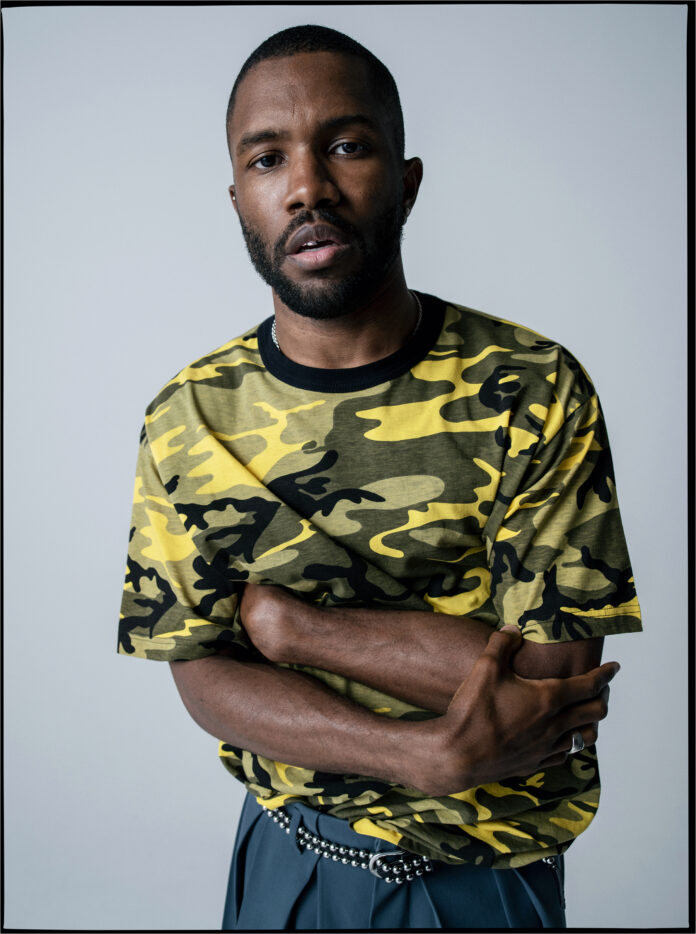This post serves to illustrate the security risks that musical artists take when collaborating with others, and highlight Frank Ocean’s, a current and highly-anticipated artist, approach to working with artists outside of his proximity.
In a 2019 interview with W Magazine, Ocean was presented with the following questions:
Any other kinds of projects you’re working on besides music?
I think for a while I’d like to get away from work that’s solitary by nature. I’ve never been in a band or had a songwriting partner or been with a group, so it’s always been a lot of time on my own writing and doing the work. I like the parts of the process where I work with session musicians or with other record producers or featured artists and guest vocalists. I’ve been trying to make time to do more of that sort of thing, and be in spaces where I’m not the expert.
Are you still distrustful of storing any creative work online?
“I’m working with a string arranger right now in Rio, and every time we go back and forth, because I don’t put things on the Internet, I have to send a drive with someone to Rio, or I have to go myself.”
Blonde, the last album he released, in August 2016. . . catapulted him to icon status and confirmed his reign as one of the most influential artists of the decade, among the first to blend R&B, soul, rap, rock, and electronic music.
Frank Ocean’s Blonde featured 44+ features.
For a comprehensive breakdown of the features on Blonde.
ANALYSIS
Collaboration between artists from any discipline happens from the least notable to even the highest paid and anticipated artists. At all levels, but especially at the top, there are severe consequences for the compromising of your digital property. These can come in the form of robbery, the undesired distribution or leaking of an art piece, tampering or other abuse of the art, etc.; all of which have potentially devastating financial repercussions. Not to mention, an artist could also face damages to their reputation within their social circles, their art community, or beyond depending on the case.
In the case of Frank Ocean’s Blonde, if any one of 44+ collaborators abused his discretion, he could be looking at the very minimum a high-dollar lawsuit. It is remarkable for an artist to have his level of reclusiveness even in the pre-COVID world, but without contract, a stable relationship with a collaborator, or secure means of digital storage, it is nearly impossible to function in this way.
The creative integrity of artists is at stake when they are forced to share files over internet while seeking the collaboration of others.




